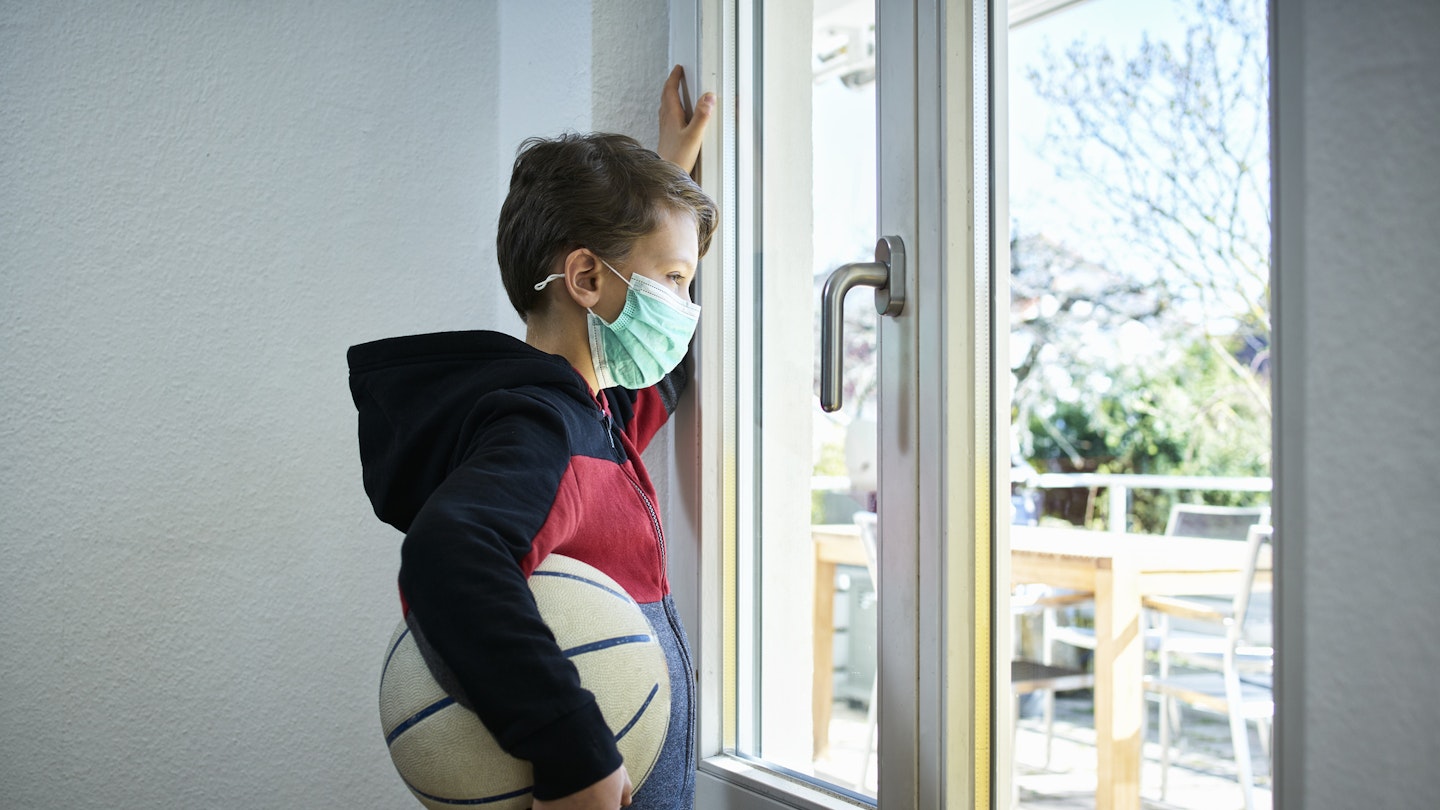Of all her New Year’s resolutions, Bella Craig never imagined signing her eight-year-old son, Archie, up for therapy would be one of them.
“Until last year, he was a happy, outgoing boy,” says Bella, 36, a copywriter from London. “Then the pandemic hit, his school closed and he started becoming anxious and withdrawn.
“He didn’t see his friends for months and, even when he could socialise again, he wasn’t interested. All he wants to do is stay in his room and play on his own.”
Just before Christmas, one of Archie’s classmates was diagnosed with Covid-19, meaning he had to self-isolate for ten days, wreaking havoc with the family’s festive plans.
“That was the final straw,” says Bella. “Archie was so looking forward to seeing his grandparents on Christmas Day - the one day we were allowed - and we had to cancel their visit. It was awful.”
Archie is just one of what global charity Unicef has dubbed “a lost Covid generation”: millions of children whose lives – and futures – have been ravaged by the pandemic.
Although the under-16s make up just 1 per cent of coronavirus cases, the hidden cost of the virus among this group is catastrophic, particularly when it comes to their mental health.
Ten million children were affected by school closures from March to June last year, with some losing as many as 105 days of formal education.
And the outlook remains bleak: as the new variant of the virus spreads, many schools remain closed as a New Year begins as scientists call for further closures across the country making for a very unsettling start to 2021.
With so much day-to-day chaos, it’s not hard to see why the pandemic is having such a negative impact on young people – but just what is it doing to their minds?
A recent study, published in Psychiatry Research, found that symptoms including clinginess, disturbed sleep, poor appetite, stress and inattentiveness are on the rise among the younger generation, with spikes during the first and second lockdowns last year.
According to Save the Children, almost one in four children worldwide have suffered from Covid-related anxiety, with many at risk of lasting psychological distress. Eating disorders, too, are up three- or four-fold among youngsters.
And it’s not just older kids who are affected. Professor Cathy Creswell, of the University of Oxford, says a study of 10,000 UK families suggests the under-10s feel the global unease even more acutely, showing their unhappiness through tantrums and disobedience.
While teens are able to stay in contact with friends through phones and social media, their younger siblings have, at times, been cut off completely.
“These are not natural ways for younger children to interact and, as a result, they are left isolated and anxious,” Prof Creswell adds.
Sara Marsden, 31, has seen these symptoms in her two-year-old daughter, Alexa, who’s been having tantrums and nightmares since last Spring.
“Her nursery closed for several months and all her toddler classes stopped,” says Sara, a solicitor from Reading. “We tried to watch some online but she just wasn’t interested. She started screaming and throwing things whenever I turned on the screen.
“The nightmares started in the summer; she was such a good sleeper before that and now I’m in her room twice a night, trying to calm her down.”
Dr Sheri Jacobson, clinical director of Harley Therapy, says the problem lies in the makeup of children’s brains.
“The younger their age, the more they’ve been focused on tactile- and social-based learning,” she explains. “They’re used to interacting with other children; that’s how they learn about the world around them. It’s very hard for their brains to conceptualise the virtual playground.”
Bella – who’s booked Archie in for fortnightly sessions with a child psychologist – is far from the only parent to seek professional help for her child.
Experts say mental health services saw “a tsunami of referrals” last year, with many families fearing irreversible damage.
So what can parents do to help their little ones get back on track?
Psychologist Jo Hemmings says cultivating a sense of normality at home, to counteract the uncertainty in other parts of their lives, is important.
“Maintain some sort of daily routine, even if it’s not your usual one,” she adds. “Do something regular each day, like having supper at the same time, or letting them have a particular time when they can play, chat to you one-on-one or simply watch a little TV. Structure is especially comforting to younger children.”
While body language - a shrug to show uncertainty or a cuddle for comfort - is important when communicating with babies and toddlers, experts say parents should explain gently and carefully to older children what’s going on.
“Let them ask all the questions they like – and validate their concerns by comforting and reassuring answers,” says Jo. “Being optimistic and enabling them to keep a positive outlook will help them see that this will pass, and it won’t be long before they can return to a less disrupted way of life.”
Dr Jacobson adds: “Bear in mind that we, as a species, are built to adapt to our environment, and children adapt better than any of us, so there are plenty of reasons to be hopeful."
Life: Coronavirus 2020
 1 of 14
1 of 14Coronavirus: I’m Young And Healthy – Is It Ok To Go Out And See Friends?
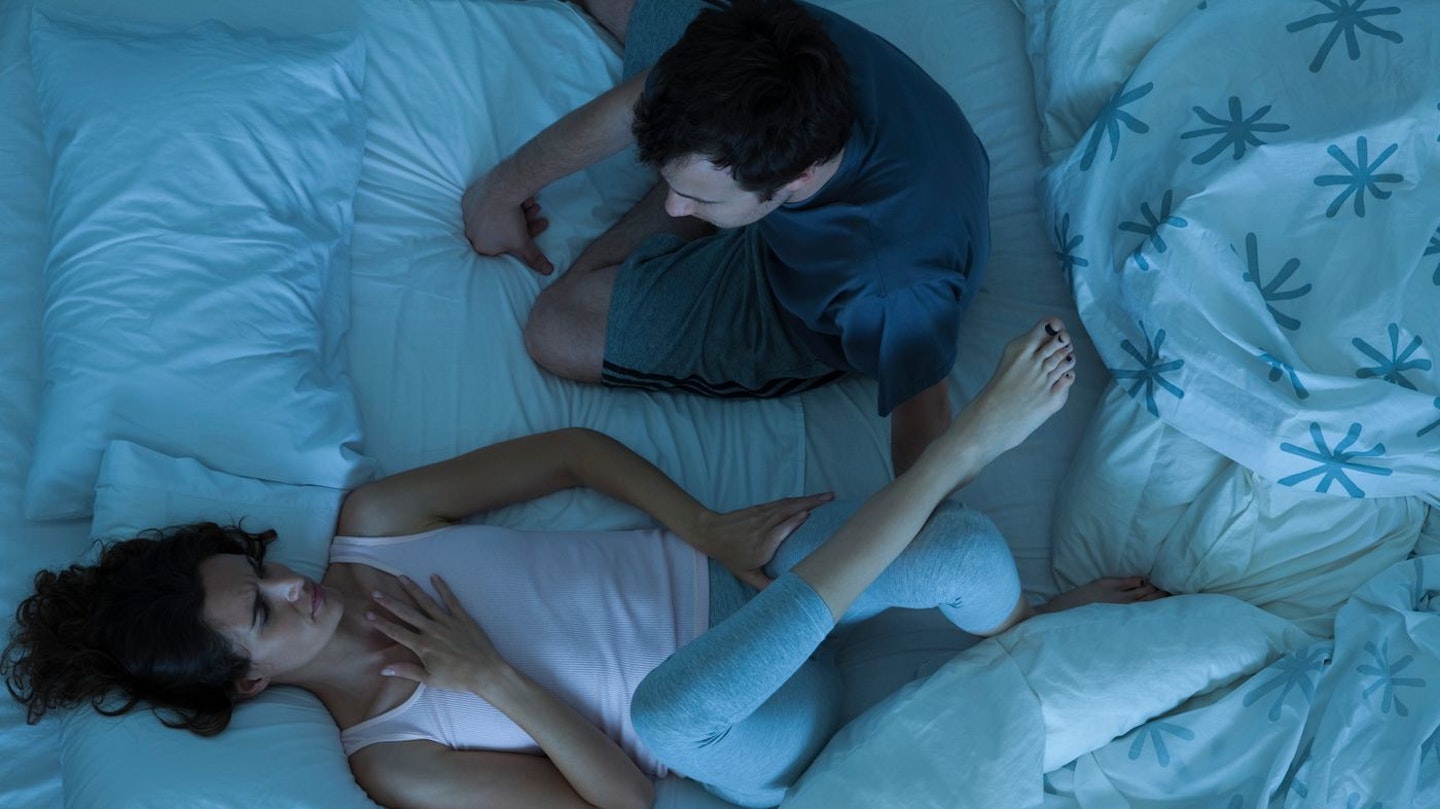 2 of 14
2 of 14I've Been With My Boyfriend For Four Months – Should I Go Into Quarantine With Him?
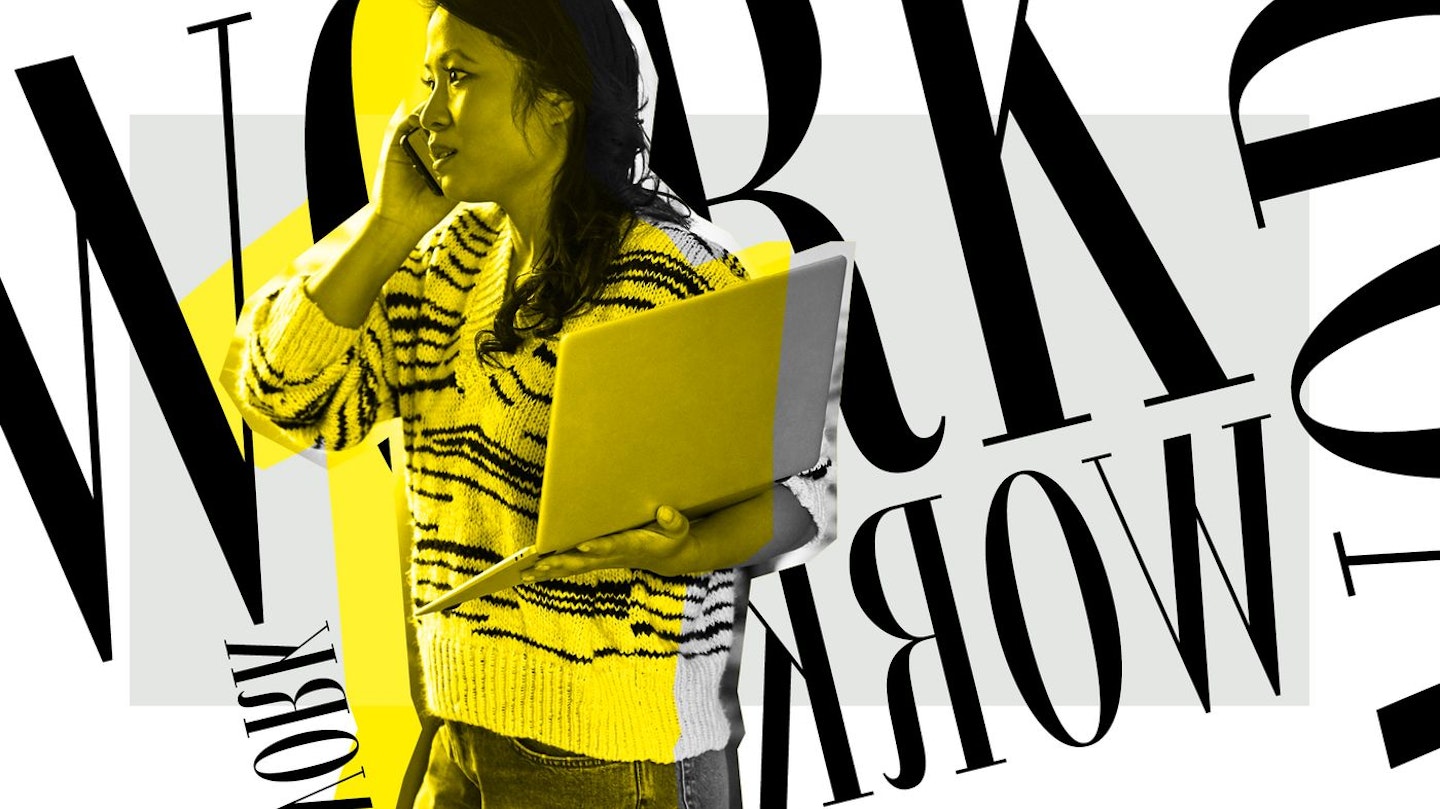 3 of 14
3 of 14Working From Home And MissIng Your Colleagues And Your Routine?
 4 of 14
4 of 14From EastEnders To The Friends Reunion: Here's How Coronavirus Is Affecting Our TV Schedules
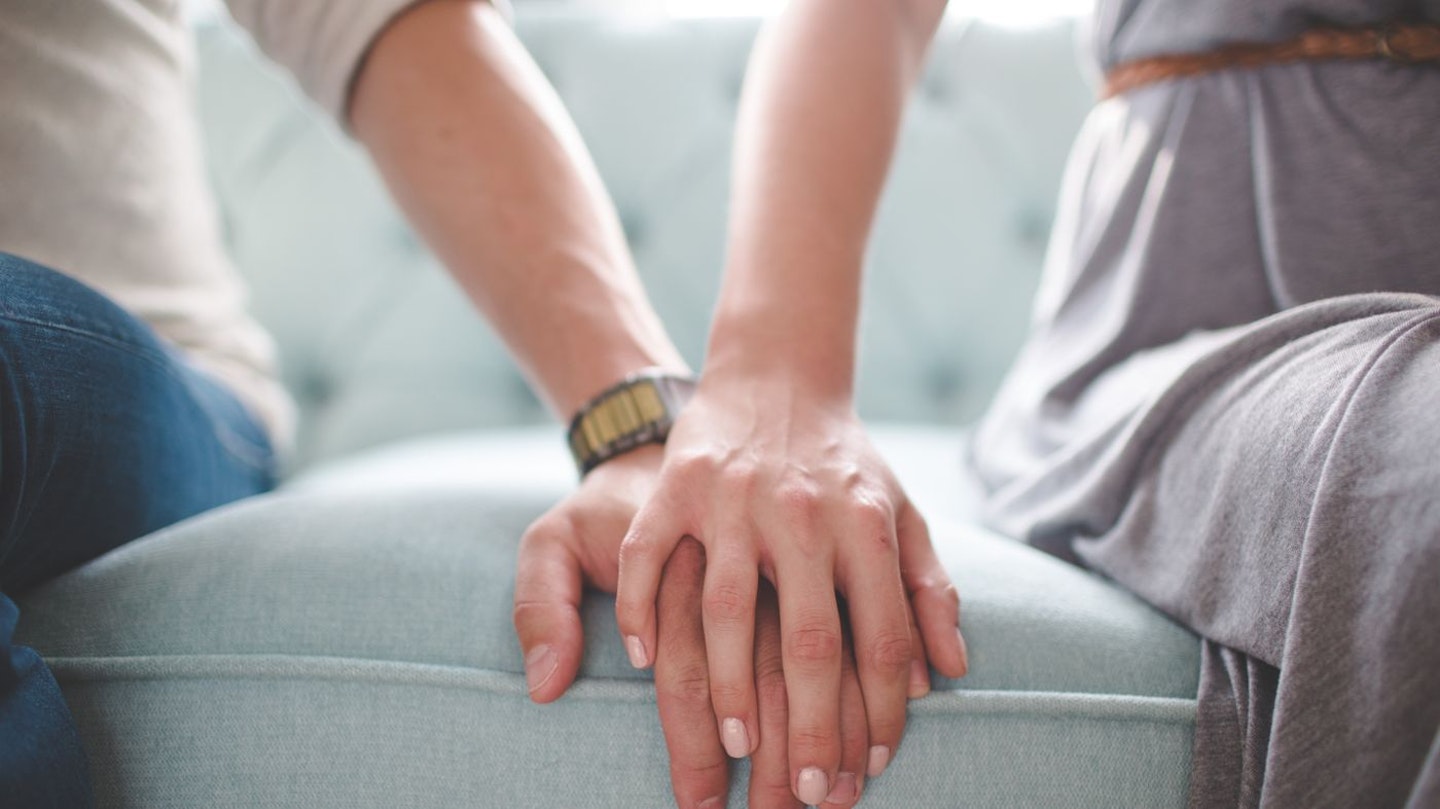 5 of 14
5 of 14Coronavirus: How To Survive Being Cooped Up As A Couple
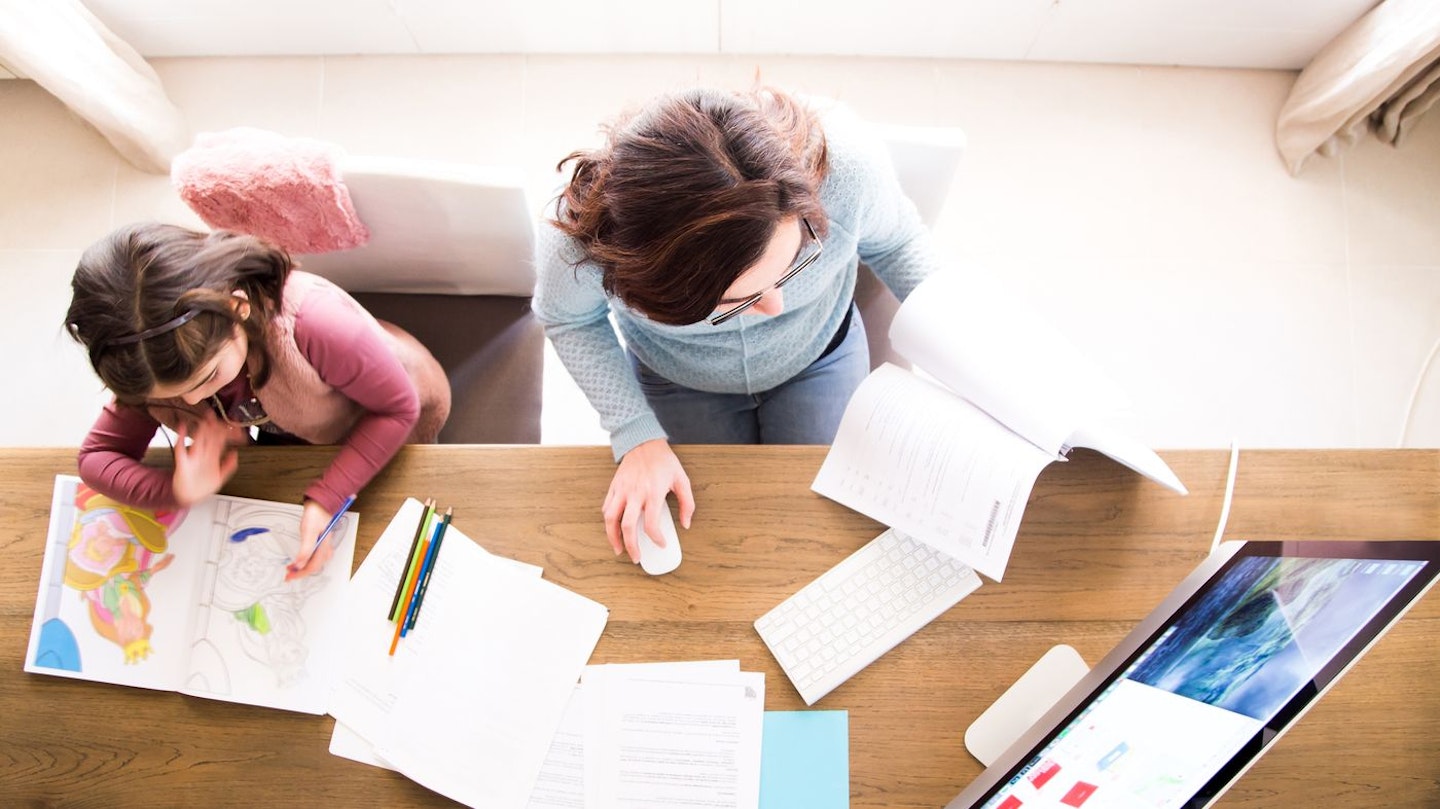 6 of 14
6 of 14Coronavirus And Parenting: The Importance Of Structure, Honesty And More TV Than Usual
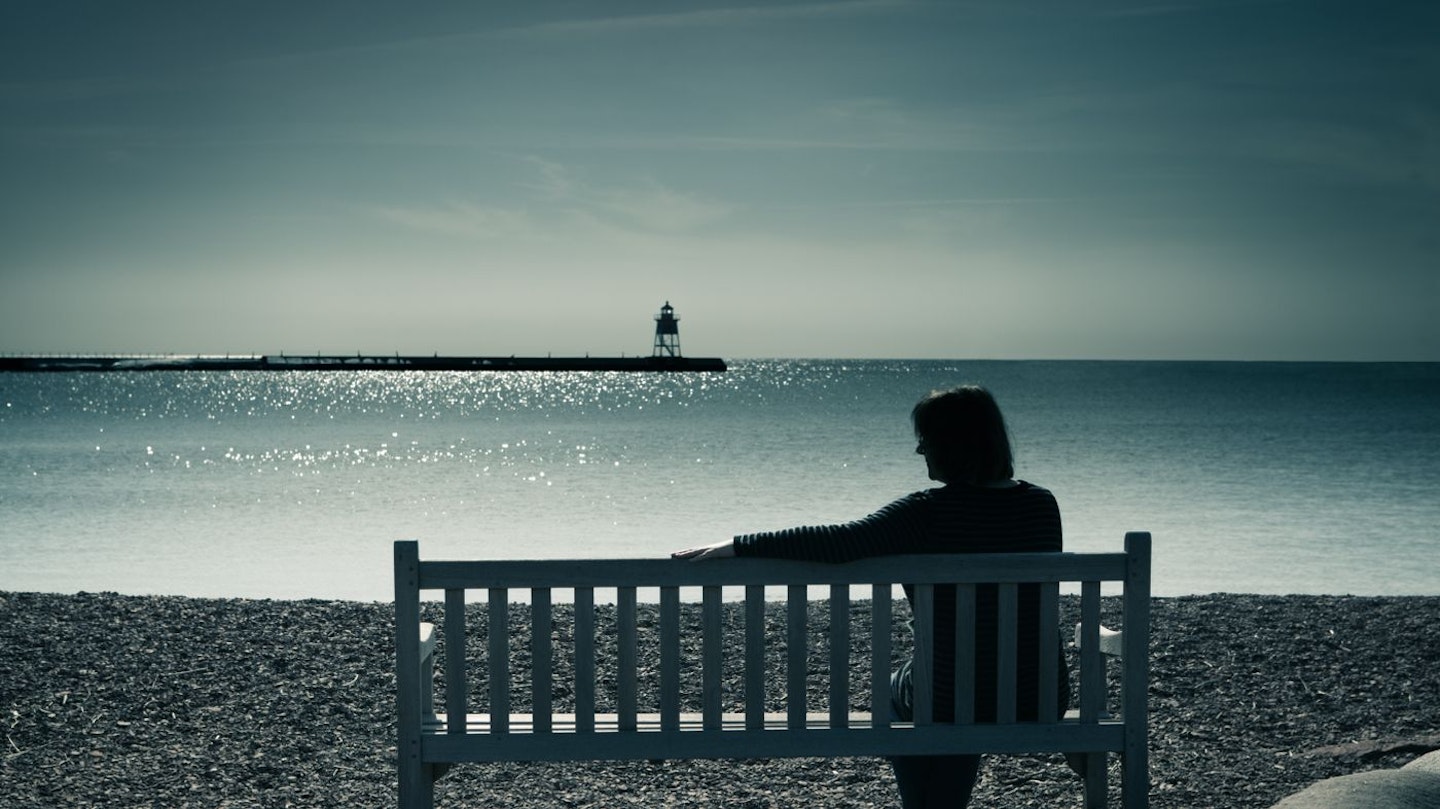 7 of 14
7 of 14How Coronavirus Is Changing My Relationship With My Mum, And My Daughter
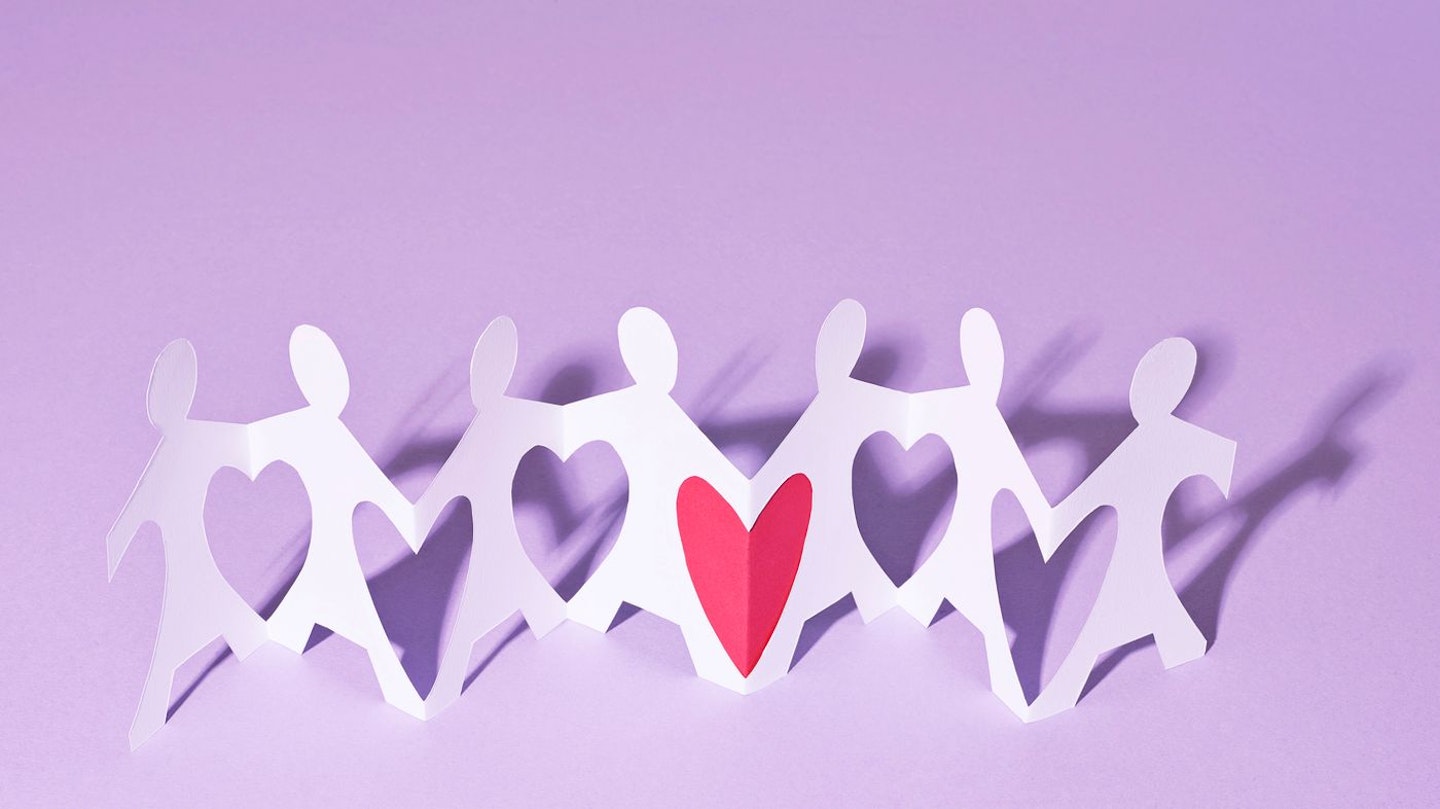 8 of 14
8 of 14Coronavirus: How To Help The Most Vulnerable Women In Society
 9 of 14
9 of 14Coronavirus: The Reality of Cancelling A Dream Italian Wedding
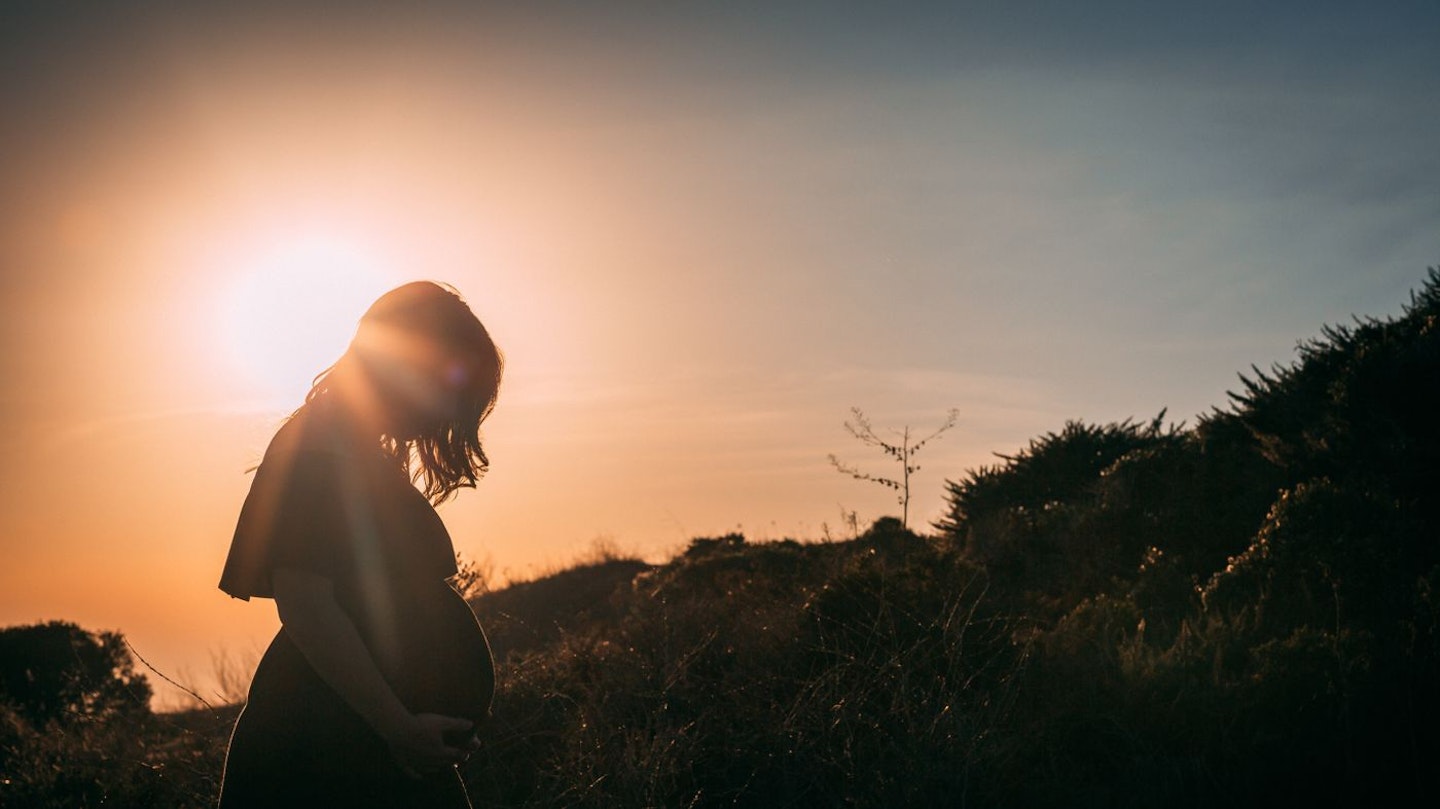 10 of 14
10 of 14‘I Just Have To Hope The Baby's Doing OK’: How It Feels To Be Pregnant Or Trying To Conceive During Coronavirus
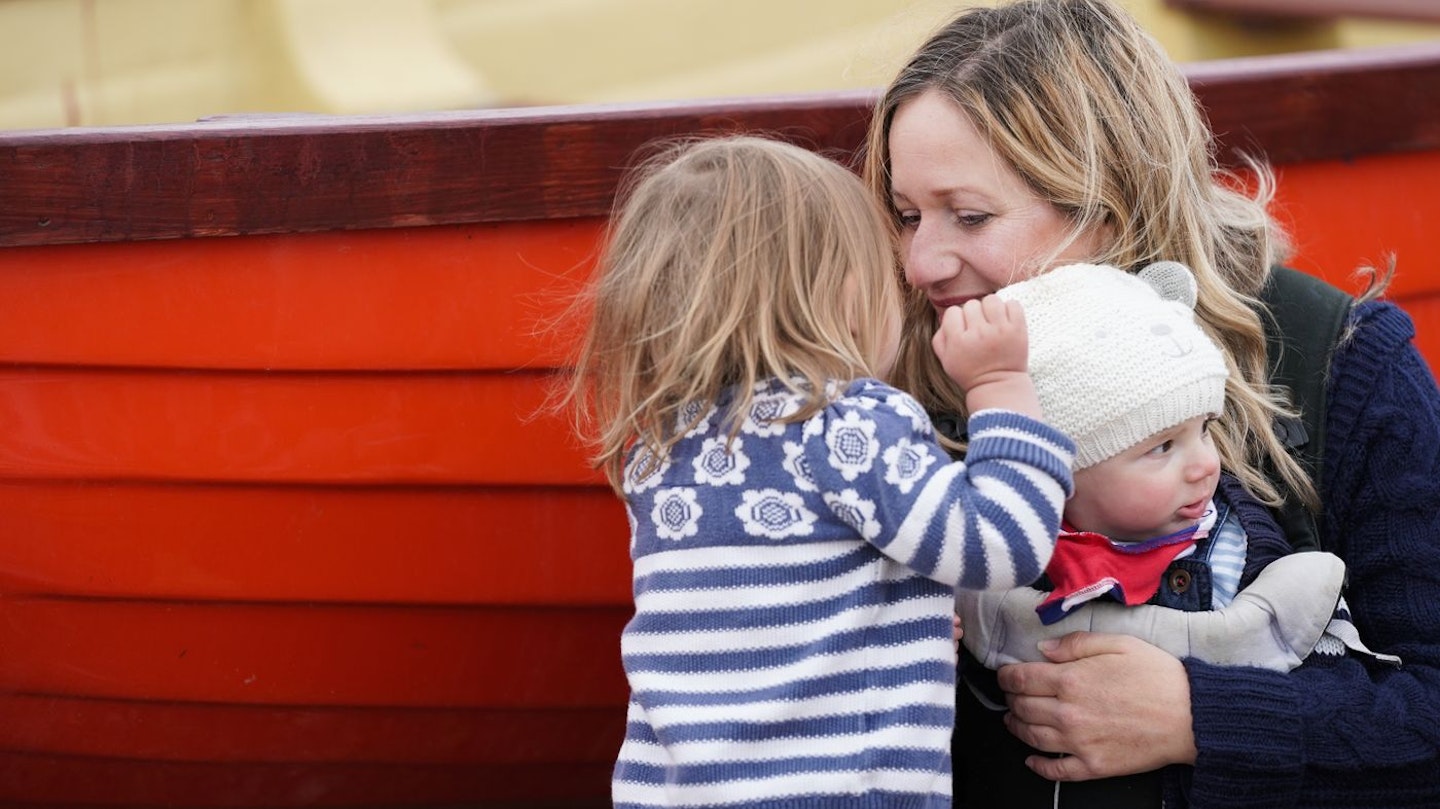 11 of 14
11 of 14Coronavirus: As A Solo Parent During A Pandemic, My Back-Up Plans Have Been Shaken
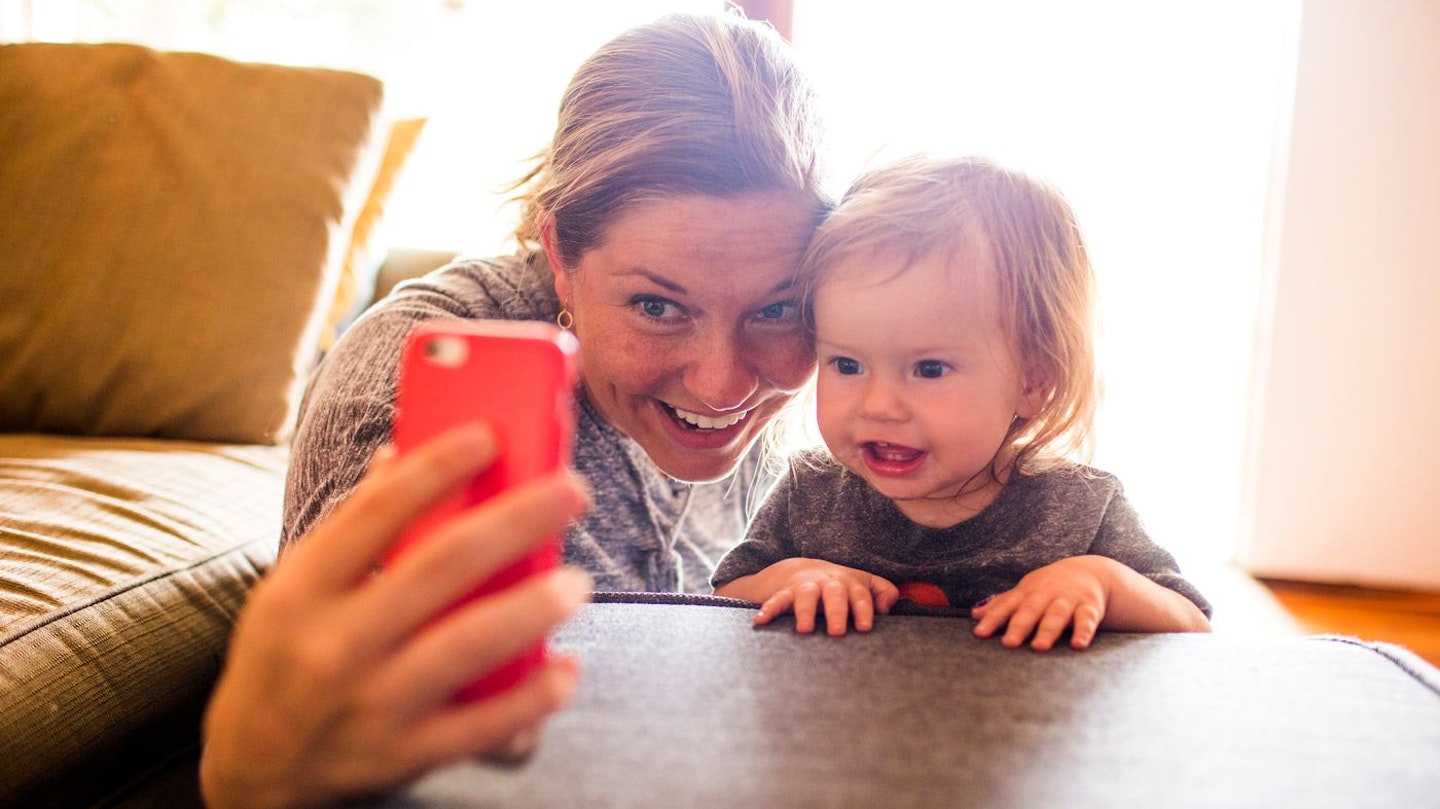 12 of 14
12 of 14Coronavirus: How Can We Celebrate Mother’s Day While Being Socially Responsible?
 13 of 14
13 of 14Coronavirus In Italy: What It's Like Living In Lockdown
 14 of 14
14 of 14